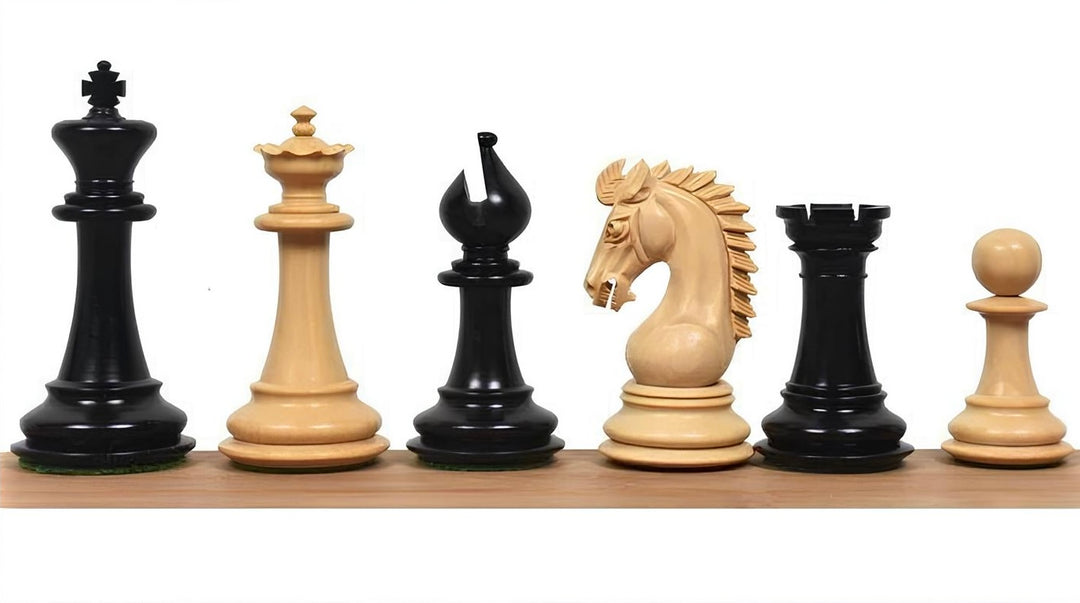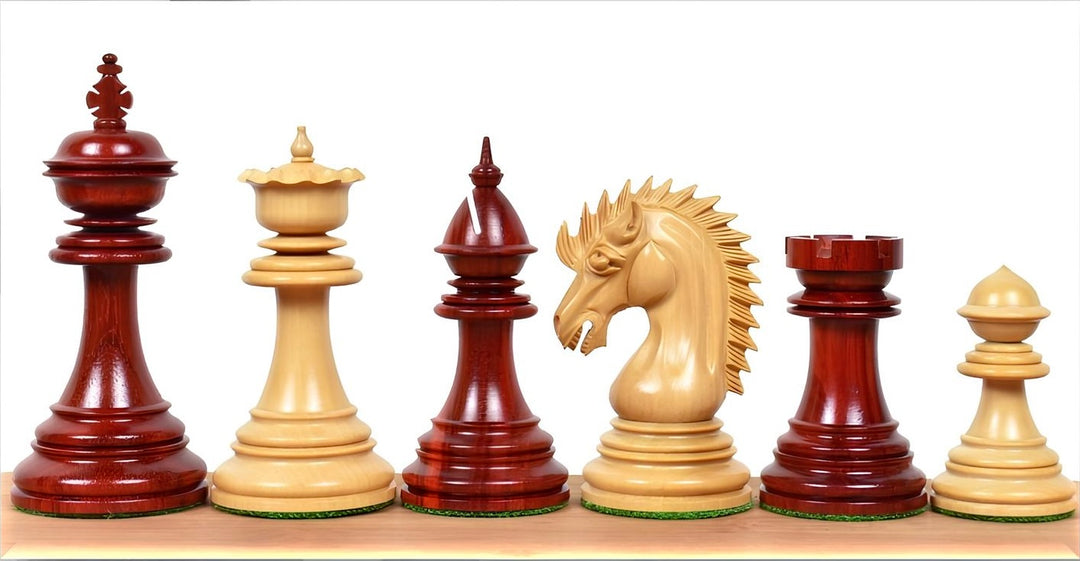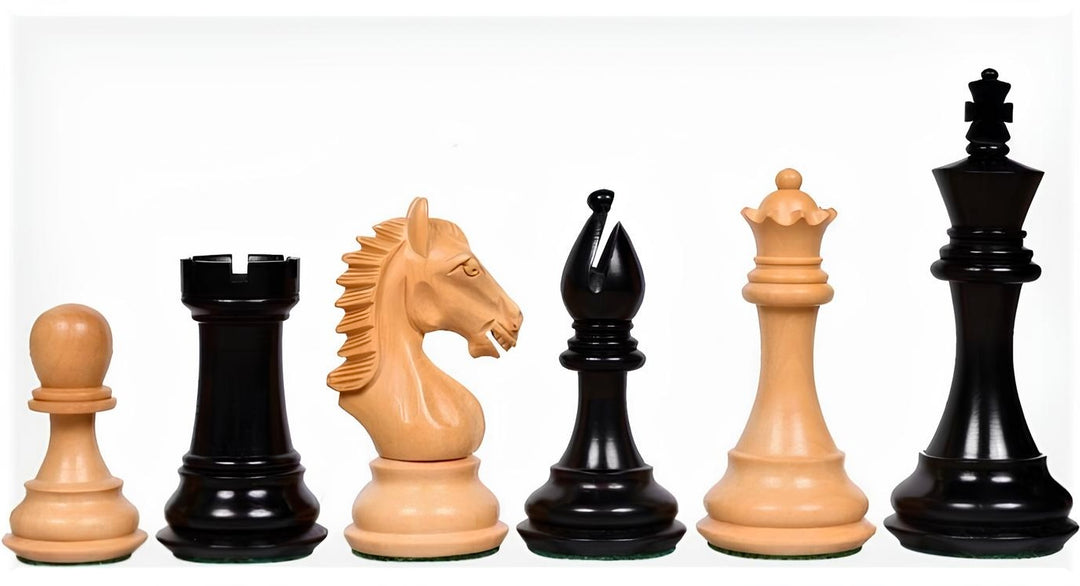Understanding Chess and Snakes: A Comparative Analysis
Chess and snakes, though seemingly dissimilar, share profound connections when examined through the lenses of strategy and adaptability. Chess, a structured game with definitive rules and predictable outcomes based on specific actions, contrasts with the unpredictable and often chaotic realm of how snakes operate in their natural environment. This article explores the intricate nature of both subjects, offering an insightful comparison into how strategy and adaptability play pivotal roles in their respective domains.
Chess: The Quintessence of Strategic Planning
Chess is a game that epitomizes intellectual warfare. Each piece on the chessboard has specific moves, and the game itself is governed by a detailed set of rules. The goal—to checkmate the opponent's king—requires foresight, planning, and the strategic deployment of pieces. Chess players often think several moves ahead, anticipating their opponent’s strategies and countermoves. The game is often likened to a battle, where tactical maneuvers, positional advantages, and an ultimate understanding of your adversary lead to success.
The Adaptive World of Snakes
On the flip side, snakes represent the essence of adaptability in nature. These reptiles have evolved over millions of years to survive and thrive in varied environments. Unlike the structured play of chess, snakes’ strategies involve adapting to the unpredictability of their surroundings. This could mean altering their hunting tactics, camouflage, or even venom compositions depending on environmental factors or prey. Each adaptation is a testament to their survival strategy—never predetermined, always reactive.
Chess Strategy: Calculated and Conclusive
The strategy in chess is deliberate and often revolves around controlling the center of the board, protecting the king, and finding the best angle of attack. Skilled players use a combination of known strategies like the Sicilian Defense or the Queen’s Gambit, each with historical data supporting its effectiveness. The game’s finite nature allows for these strategies to be tested, refined, and perfected over time, making chess a game where historical knowledge and calculated precision govern success.
Snake Strategy: Instinctual and Evolving
Conversely, the strategy for a snake is primarily driven by instinct and the need to adapt to constant changes in their environment. A snake doesn't consciously choose its color; it's the result of evolutionary pressures that favor those who blend into their surroundings. Their hunting methods are equally adaptive—some snakes use venom to subdue their prey, while others constrict. These methods are not chosen based on past successes, but rather, they are shaped by the ecological niche the snake inhabits and the evolutionary challenges it faces.
Adaptability in Chess
While adaptability might seem less important in chess than in the wild, it remains a crucial element. Grandmasters often have to adjust their strategies based on the openings and defenses their opponents employ. The ability to switch plans mid-game, to adapt to the unfolding board, is what often differentiates the good players from the true masters of the chess world. This adaptability is heavily analytical, deeply tied to a vast library of previous games, patterns, and potential counterplays.
Adaptability in Snakes
For snakes, adaptability is not an analytical decision but a compulsory response to survival threats. Adaptations such as venom strength or types of toxins target specific preys or predators. Furthermore, the habitat destruction caused by human encroachment forces snakes to adapt or perish, providing a harsh but effective filter for evolutionary success. In many ways, their adaptability is more dynamic and immediately crucial than the calculated adjustments in a chess game.
Conclusion: Strategy and Adaptability in Chess and Snakes
In conclusion, while chess and snakes might operate on completely different frameworks—one bound by rigid rules and predictable outcomes, and the other governed by the law of nature and survival—their reliance on strategy and adaptability connects them. Chess strategies are studied and perfected while snake strategies are innate and responsive. Both, however, require a deep understanding of the environment and the challenges at hand, showcasing that at the end of the day, whether in a game or in the wild, the ability to adapt remains a universal requisite for triumph.
Explore our large collection of luxurious chess sets!


























































Leave a comment